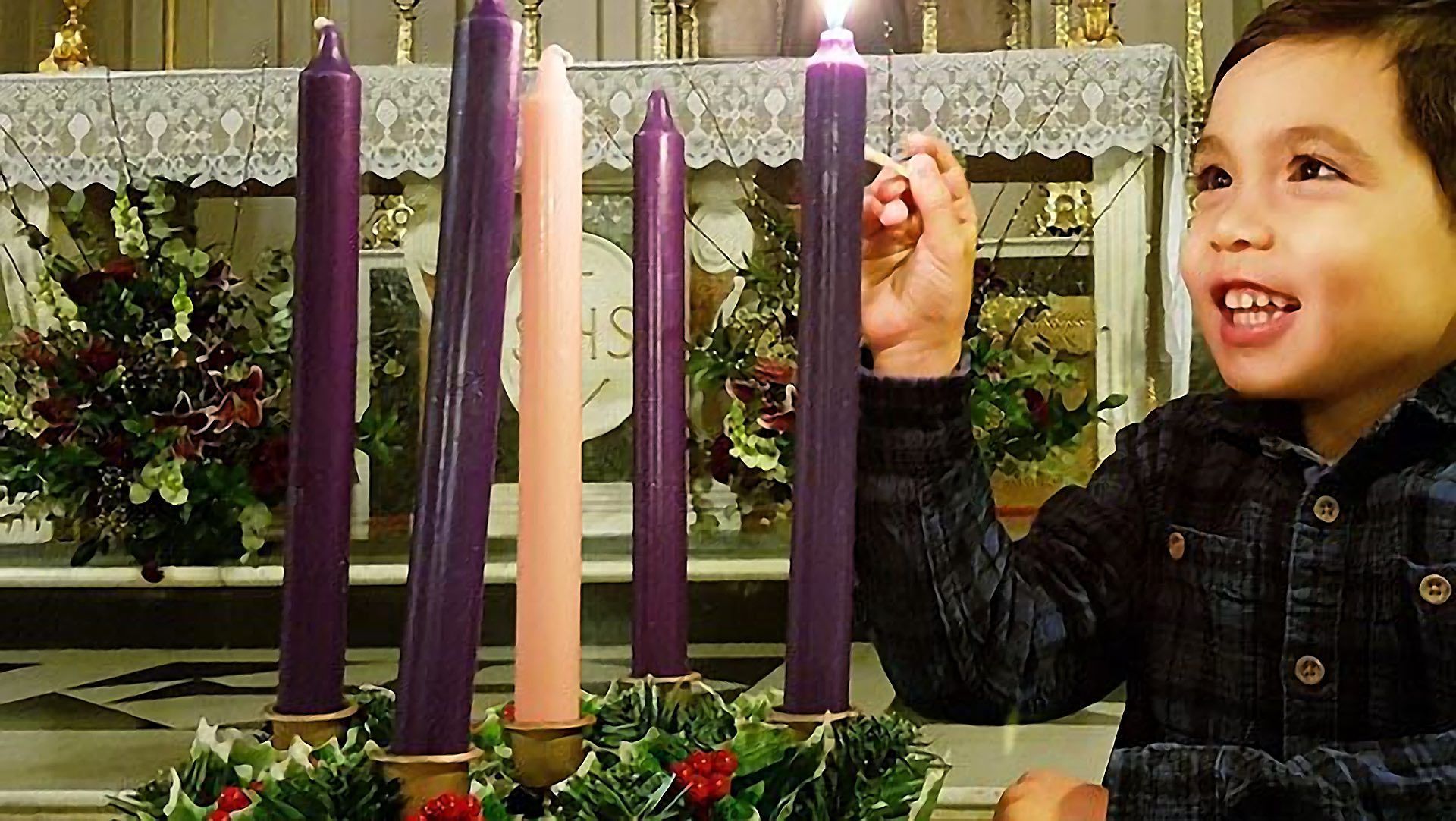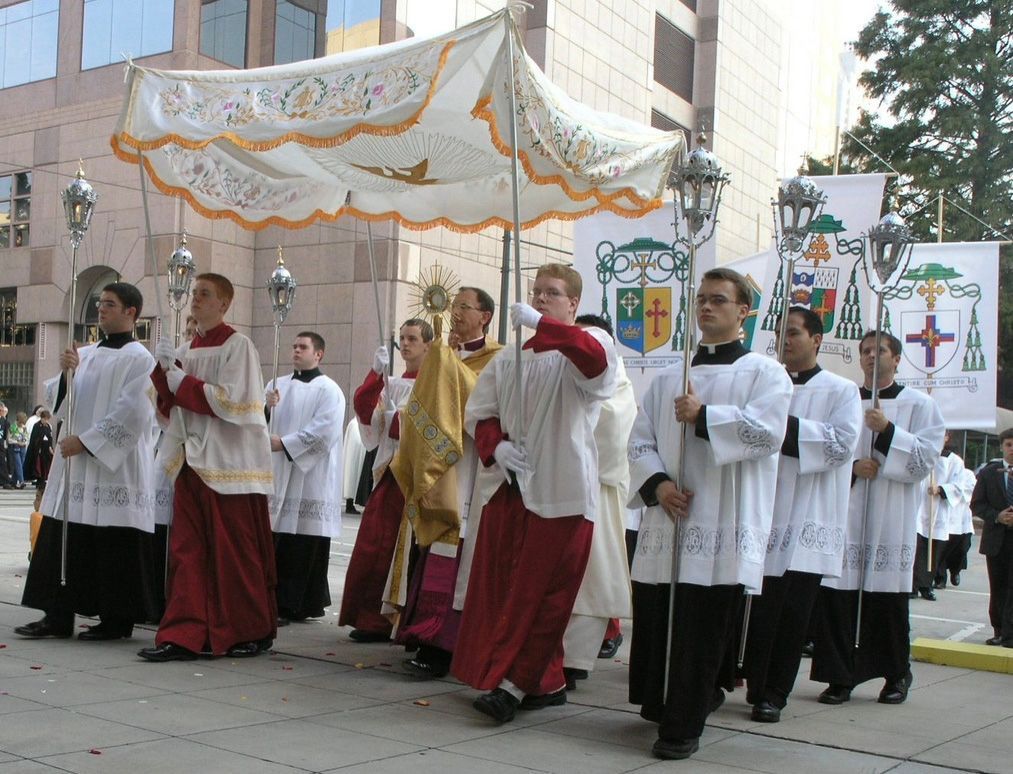Forty Days of Lent in the Desert
Pondering Responses to Temptations

The first Sunday of Lent opens with Jesus in the desert so as to prepare for his public ministry.
While in the desert the devil tries to prevent Our Lord from doing his mission. As the devil tries to stop Jesus, he also tries to stop us from doing God’s will. The three temptations in the Gospel are temptations that every one of us faces. Learning how Jesus responds to them, we learn how to respond to them in our own lives.
In the first temptation, the devil disordered our relationship with God the Father. The devil seeks to tempt us to tempt God, jump off various cliffs of sin and then blame God for letting us suffer. Jesus shows that the proper response is never to put the Lord our God to the test, but to love him and throw ourselves into his arms rather than from dangerous cliffs into sin.
In the second temptation, the devil disordered our relationships with others. The devil promised that he would give Jesus’ rule over all the cities, if only he would take the bargain of falling down before the devil in worship. Jesus resisted the temptation toward this type of diabolical tyranny by quoting Scripture about worshipping and serving the Lord our God alone. When we do so, we seek to serve others made in God’s image and likeness, reverencing the Lord in them, seeking to serve them with love rather than be served and ultimately to lay down our lives for them as Christ himself did.
And in the final temptation, the devil disordered our relationship with ourselves, using what God has given us for our own purposes rather than for God and others. This is shown in the temptation the devil gave to Jesus to change stones into bread after forty days of hunger. Jesus replied that we live not on bread alone but on every word that comes from God’s mouth. We’re supposed to use our talents not selfishly, but for God and others.
In response to these three fundamental temptations, Jesus not only shows us how to resist but also prescribes for us on Ash Wednesday the medicine we need through the traditional practices of prayer, almsgiving and fasting. Prayer helps us die to our own ego in order to put on the mind of Christ. Almsgiving has us think of others’ needs and act to help them. Fasting helps us to control our fleshly hungers and makes it possible for us to hunger for what God hungers.
These three practices are the means by which we enter into Jesus’ prayer, fasting for 40 days in the desert, and his total self-giving and resist the temptations of the devil.
We Adore you, O Christ, and We Bless You, Because by Your Holy Cross you have redeemed the World.
Inspired Reflections










